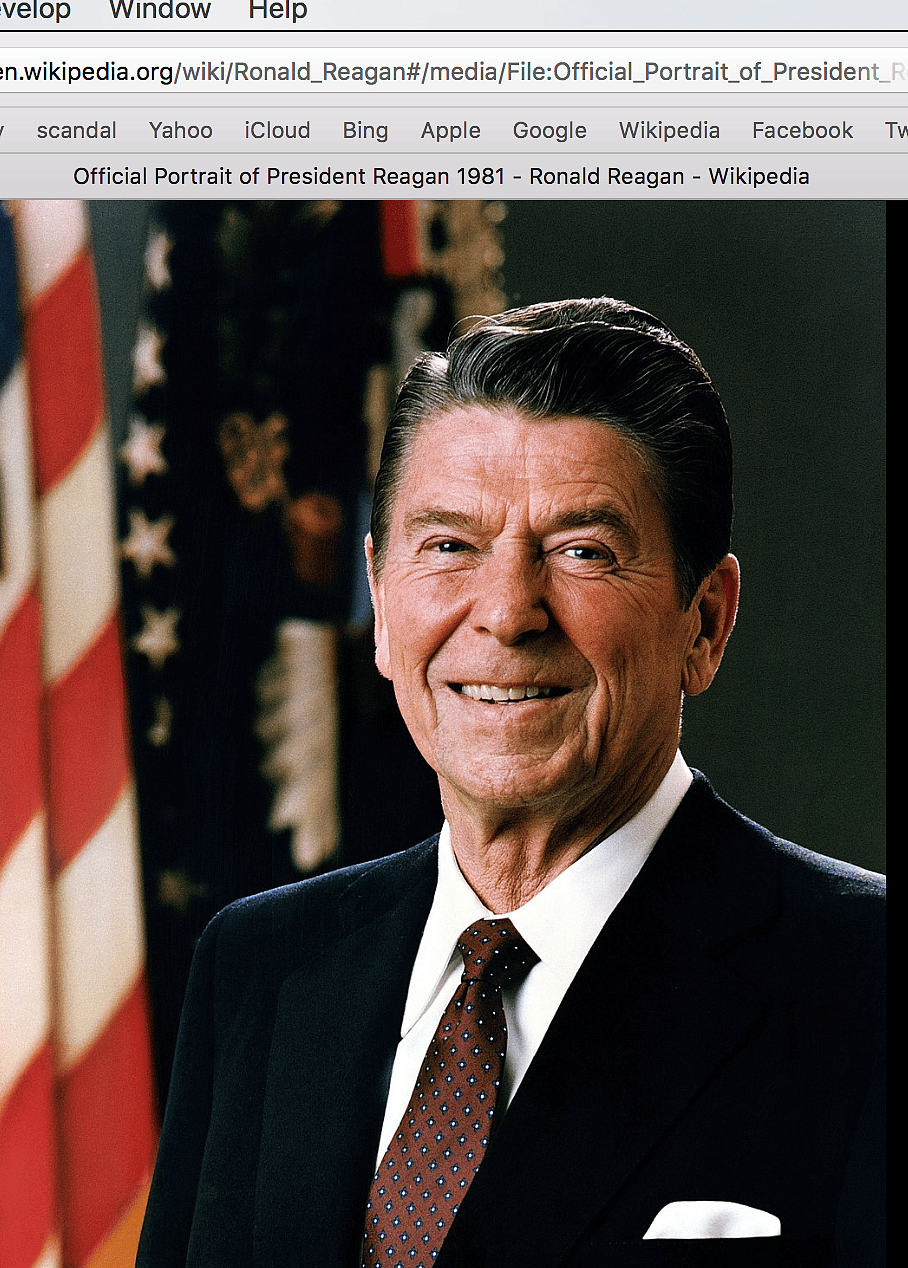‘Reagan’s Racism’ Charge Collides With The Heroes of the Lomba River

Ronald Reagan phoned President Richard Nixon in 1971 and described African ambassadors at the United Nations as "monkeys" who were "still uncomfortable wearing shoes," The Atlantic magazine reported recently, calling it evidence of "Reagan's racism."
Anyone who refers to humans as animals is a turkey. But so long as the topic of racism by a Republican president is in the news, let's give this one a closer look.
